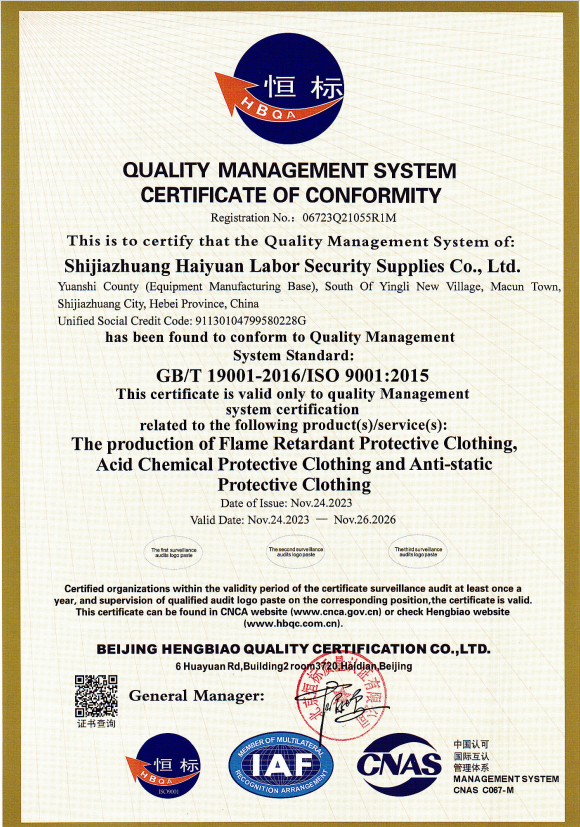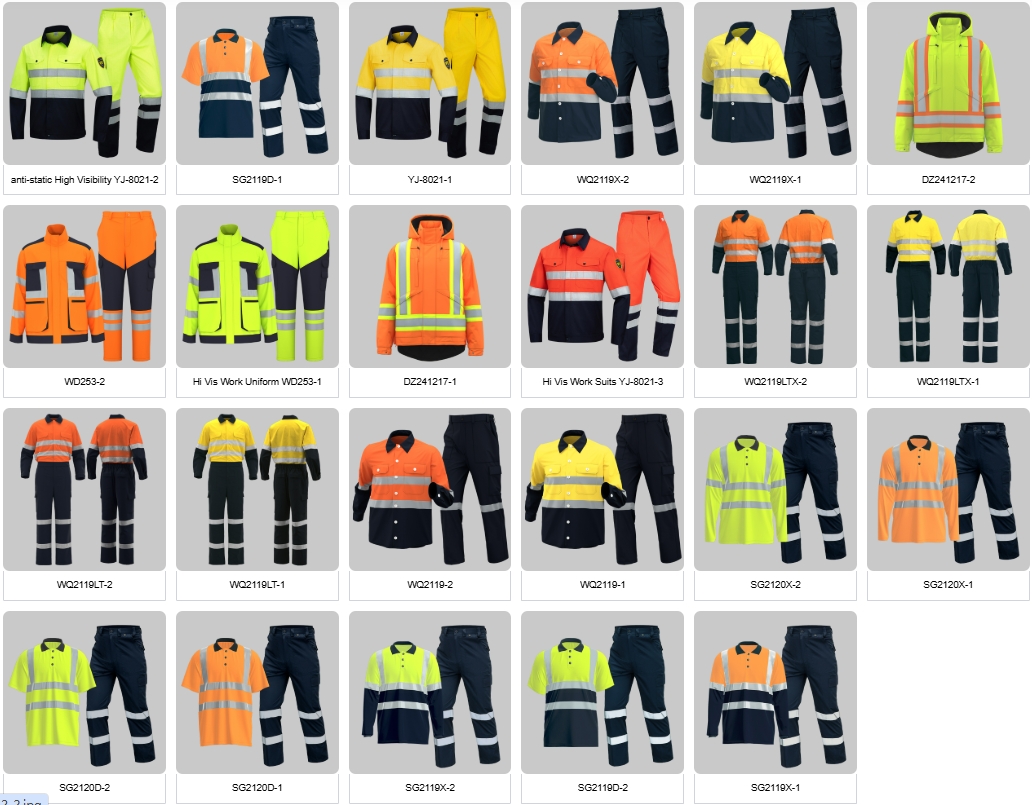No, CE and ISO are not the same. They represent two completely different types of certifications with different purposes, scopes, and legal implications.
Confusing them is common, but understanding the distinction is crucial for business and compliance.
Here’s a simple breakdown:
-
The CE mark is about product safety and legal market access to sell a product in a specific region (Europe).

ce-certificates -
An ISO certificate is about process quality and management systems within an organization, and it’s (mostly) voluntary.

iso9001-certificates
Detailed Comparison: CE Mark vs. ISO Certificate
| Feature | CE Mark | ISO Certificate |
|---|---|---|
| What it is | A legal conformity mark placed on a product. | A certification for a company’s management system or processes. |
| Stands for | Conformité Européenne (European Conformity) | International Organization for Standardization |
| Primary Focus | Product Safety & Performance | Process Quality, Consistency, and Efficiency |
| Scope | Specific, individual products (e.g., a specific model of a hard hat, a medical device, a toy). | The entire organization or a specific process within it (e.g., quality management, environmental management). |
| Legal Status | Mandatory for products covered by EU directives to be sold in the European Economic Area (EEA). It is a law. | Voluntary. A company chooses to implement an ISO standard to improve, gain customer trust, or meet contractual requirements. |
| Who Grants It? | The manufacturer declares conformity, often after testing by a Notified Body (for high-risk products). | An independent, accredited certification body audits the company. |
| Visible On | The product itself and/or its packaging. | A certificate on the company’s wall and in its marketing materials. |
A Simple Analogy: Baking a Cake
-
CE Mark: Imagine a food safety seal of approval on a specific cake you buy from a bakery. This seal certifies that this particular cake is safe to eat and meets all legal food standards. You cannot sell that cake without that seal.
-
ISO Certificate: This is a certificate hanging on the bakery’s wall that says, “This bakery has a world-class Quality Management System (ISO 9001) to ensure all its cakes are baked consistently, hygienically, and to a high standard every single time.” The bakery chooses to get this certificate to prove its reliability.
How They Can Work Together
While they are different, they are often complementary. This is a key point of connection:
A manufacturer of PPE (like flame-resistant coveralls) might have:
-
An ISO 9001 Certificate: This certifies that the company has a robust Quality Management System. It means their manufacturing process is consistent, well-documented, and focused on continuous improvement.
-
A CE Mark on its Coveralls: This is the legal proof that the final product (the coverall) has been designed and tested to meet the essential health and safety requirements of the EU’s PPE Regulation.
In this case, the ISO 9001 system helps the company reliably produce CE-marked products that consistently meet the required standard.
Other Common ISO Standards
-
ISO 9001: Quality Management Systems (the most common)
-
ISO 14001: Environmental Management Systems
-
ISO 45001: Occupational Health and Safety Management Systems
-
ISO 50001: Energy Management Systems
Summary
| CE Mark | ISO Certificate | |
|---|---|---|
| It’s a… | Product Mark | System Certificate |
| It’s… | Mandatory (Law) | Voluntary |
| It proves… | The product is safe for the EU market. | The company has good processes. |
In short, you affix a CE mark to a product. You award an ISO certificate to a company. They are fundamentally different tools for different purposes.




